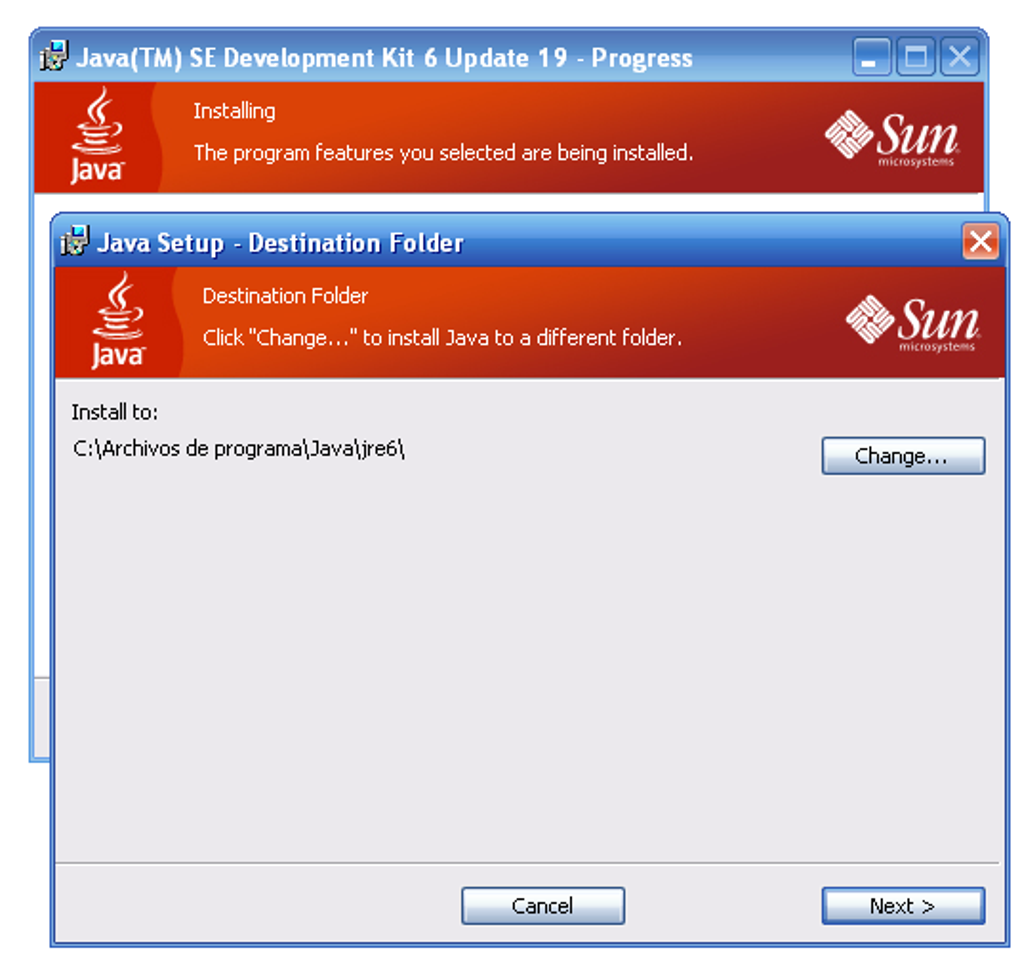
The OpenJDK is the open source reference implementation of the Java SE Specification, but it is only the source code.īinary distributions are provided by different vendors for a number of supported platforms. This helps you know how much your Java installations will cost you.Īs part of the Application Recognition Library (ARL) #2439 released on July 12, the following commercial minor versions of Oracle Java are classified appropriately: 8.0.211 and 8.0.212.To build and run Java applications, a Java Compiler, Java Runtime Libraries, and a Virtual Machine are required that implement the Java Platform, Standard Edition (“Java SE”) specification.
Assign appropriate server and desktop license models to understand consumption of Oracle Java. 
This helps to understand which versions of Oracle Java now have a commercial impact. Differentiate among major and minor versions of Java.This helps to segregate Oracle Java from other distributions. Distinguish between different publishers of Java based on installation evidence.This helps to determine how much Java exists across your environment regardless of operating system.
 Detect these installations in Windows and Unix/Linux environments. Identify MSI, package and archive-based installations of Java Development Kit (JDK) and Java Runtime Environment (JRE) This helps find all forms of recognizable evidence of Java installed in your environment. You can download the agent and the install instructions from the Product and License Center (PLC).įor details about the feature, please go through the topic in the following Features by Release page.įeature highlights (and steps to Oracle Java compliance): This has now been made available for On-Premises customers too. Recommended approach to Oracle Java complianceĪn updated FlexNet inventory agent was released earlier this year for FlexNet Manager Suite Cloud customers. We explained the change in more detail with its impacts and the recommended approach to address these issues in this webinar earlier this year.
Detect these installations in Windows and Unix/Linux environments. Identify MSI, package and archive-based installations of Java Development Kit (JDK) and Java Runtime Environment (JRE) This helps find all forms of recognizable evidence of Java installed in your environment. You can download the agent and the install instructions from the Product and License Center (PLC).įor details about the feature, please go through the topic in the following Features by Release page.įeature highlights (and steps to Oracle Java compliance): This has now been made available for On-Premises customers too. Recommended approach to Oracle Java complianceĪn updated FlexNet inventory agent was released earlier this year for FlexNet Manager Suite Cloud customers. We explained the change in more detail with its impacts and the recommended approach to address these issues in this webinar earlier this year.  You want to understand how much Java is being used so you can decide whether to purchase a Java SE subscription or plan to migrate to another Java distribution. Your environments contain certain older versions of Java, and you are not sure whether they are now free or not. Your developers have been using Oracle Java JDK for in-house projects without being aware of the commercial implications. These are some of the possible issues that you need to consider: In a nutshell, commercial use of Oracle’s Java Standard Edition (SE) will now require a paid subscription. There has been much consternation about the changes that Oracle has introduced around Java recently.
You want to understand how much Java is being used so you can decide whether to purchase a Java SE subscription or plan to migrate to another Java distribution. Your environments contain certain older versions of Java, and you are not sure whether they are now free or not. Your developers have been using Oracle Java JDK for in-house projects without being aware of the commercial implications. These are some of the possible issues that you need to consider: In a nutshell, commercial use of Oracle’s Java Standard Edition (SE) will now require a paid subscription. There has been much consternation about the changes that Oracle has introduced around Java recently.







 0 kommentar(er)
0 kommentar(er)
